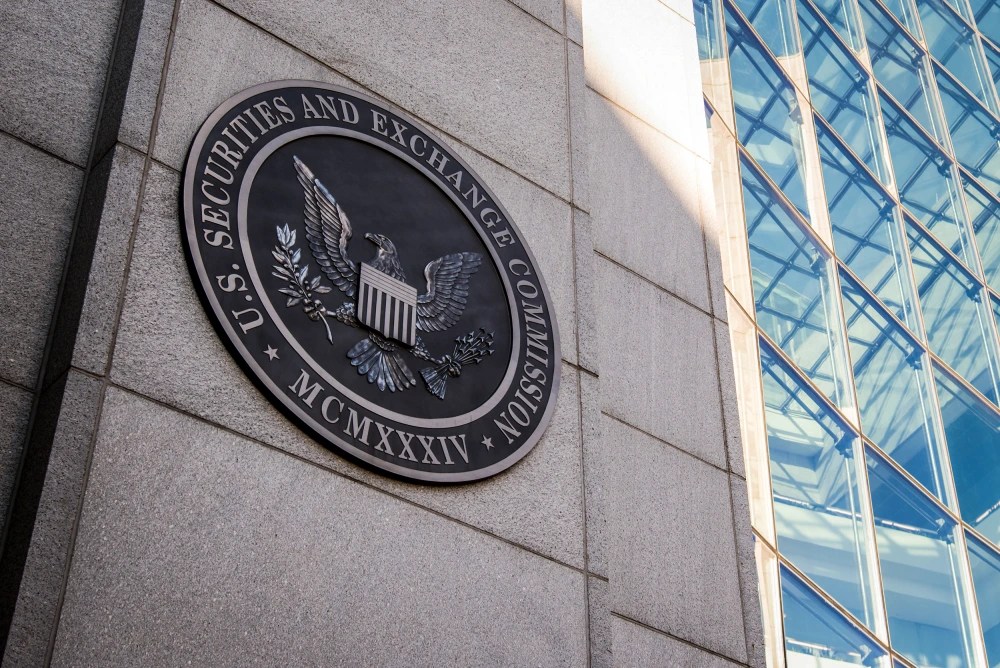As digital finance continues to evolve, the integration of blockchain technology into traditional financial systems is garnering significant attention. This intersection has prompted discussions around the potential for tokenized assets, which represent real-world securities using blockchain technology. Recently, a prominent crypto exchange, Kraken, took a decisive step by engaging with the U.S. Securities and Exchange Commission (SEC) to explore the feasibility of a tokenized trading system. This conversation is vital, as it promises to shape the future of digital securities trading in the U.S.
Exploring Tokenization: Kraken and the SEC’s Groundbreaking Discussions
Partnership and Regulatory Dialogues with the SEC
In a significant move towards revolutionizing asset trading, Kraken, a leading crypto exchange, recently met with the SEC’s Crypto Task Force. This meeting, held alongside representatives from Payward, Inc., Kraken Securities LLC, and legal experts from Wilmer Cutler Pickering Hale and Dorr LLP, marked a pivotal point in discussing the tokenization of traditional financial assets. The primary focus of the agenda was to navigate the regulatory challenges and outline a comprehensive framework for operating a tokenized trading system in the United States.
The deliberations explored various dimensions, including the architecture essential for a robust tokenized trading infrastructure. A significant portion of the discussion centered around integrating federal securities regulations to ensure compliance while promoting innovation in this burgeoning sector. Additionally, the benefits of tokenization, such as increased liquidity, cost efficiency, and faster settlement times, were highlighted.
Kraken’s enthusiasm for tokenized equities extends beyond the U.S. market. Earlier in the year, the exchange announced its intentions to enable non-U.S. users to trade tokenized versions of popular stocks like Apple and Tesla. This strategic expansion allows investors across Europe, Latin America, Africa, and Asia affordable access to U.S. equities round-the-clock.
Navigating Regulatory Challenges in Tokenized Equities
Kraken is not alone in its endeavors. Coinbase, another major player in the crypto space, also eyes regulatory approval to offer tokenized stocks. In June, Coinbase’s Chief Legal Officer, Paul Grewal, emphasized the importance of obtaining regulatory confidence through a “no action letter” from the SEC. This certification would provide the assurance needed for wider institutional adoption of tokenized assets.
However, the development of tokenized equities has not been without its fair share of scrutiny. The World Federation of Exchanges (WFE) has raised concerns regarding the potential risks these blockchain-based instruments may pose to market integrity. They argue that tokenized stocks could mislead investors by not offering equivalent rights as traditional equities. The WFE, in a formal letter, urged global regulatory bodies, including the SEC and the European Securities and Markets Authority (ESMA), to impose stringent securities regulations on these novel financial products.
Addressing Market Concerns and Standards
The adoption of tokenized equities is still mired in challenges, mainly due to the lack of consistent global standards and secondary-market liquidity. The World Economic Forum has identified these issues as critical barriers to the widespread acceptance of tokenized financial products. Moreover, there is a growing concern that the unregulated proliferation of tokenized stock offerings could lead to reputational damage for traditional stock issuers if these digital tokens fail to meet investor expectations.
The call from the WFE for more stringent rules highlights the need for a clear legal framework that defines ownership and custody rights for tokenized assets. Such measures are crucial to prevent these products from being inappropriately marketed as equivalents to actual stocks, ensuring investor protection and market integrity.
How do tokenized equities differ from traditional stocks?
Tokenized equities represent real-world stocks on a blockchain, offering distinct advantages like fractional ownership and 24/7 trading. However, unlike traditional stocks, they might not provide the same shareholder rights, making regulatory oversight crucial to protect investors.
Are tokenized equities a viable investment option?
Investing in tokenized equities can offer increased accessibility and liquidity. However, potential investors should consider the associated risks, such as regulatory uncertainties and market volatility, and conduct thorough research before investing.
Can tokenization enhance market efficiency?
Yes, tokenization can potentially streamline financial markets by reducing transaction costs and settlement times. By leveraging blockchain’s decentralized nature, tokenization improves transparency and accessibility, fostering more efficient financial ecosystems.

